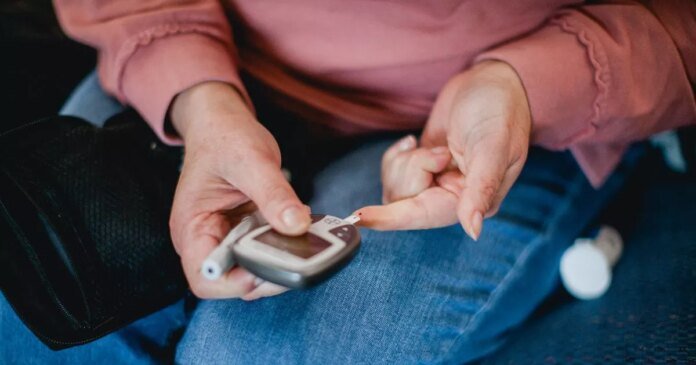A significant number of individuals might have received an incorrect diagnosis of Type 2 diabetes due to inaccuracies in testing equipment. Approximately 55,000 people are advised to undergo additional blood tests following the identification of errors in one out of ten NHS labs in England. This situation has led to many individuals being prescribed unnecessary medications. Dr. Clare Hambling, the national clinical director for diabetes at NHS, acknowledged the concern but reassured that the risk of harm to patients is minimal.
NHS England has confirmed that 16 hospital trusts have utilized testing machines manufactured by Trinity Biotech, which have generated unreliable test results. One patient, Vicky Davies, shared her frustration after experiencing adverse effects from diabetes medication that she should not have been taking. Vicky, from Kingston upon Hull, was wrongly diagnosed with type 2 diabetes in October 2024 and prescribed Metformin, the strongest diabetes drug, for six months before the error was detected.
Reports from the BBC revealed that investigations began after 11,000 patients were required to undergo re-testing due to inaccurate diabetes results from a machine at Luton and Dunstable Hospital. The haemoglobin A1C test, used to diagnose and monitor diabetes by measuring average blood sugar levels, has been subject to issues reported by the Medicines and Healthcare products Regulatory Agency (MHRA) since April 2024.
Trinity Biotech has collaborated with the MHRA to address the problems encountered by some UK laboratories using their systems. The company disclosed that in 2024, three Field Safety Notices were issued to UK users, emphasizing the importance of following the manufacturer’s instructions for optimal system performance.
Patients have expressed the distress caused by receiving an incorrect diabetes diagnosis. Metformin, a common diabetes medication, functions by regulating blood sugar levels through improved insulin utilization. However, side effects may include shaking, sweating, confusion, thirst, vision problems, and infections.
Dr. Clare Hambling from NHS England assured that all labs have taken corrective measures as per MHRA guidance, including machine replacements or calibration adjustments. Individuals requiring retesting will be contacted by their GP or local hospital for necessary arrangements.

